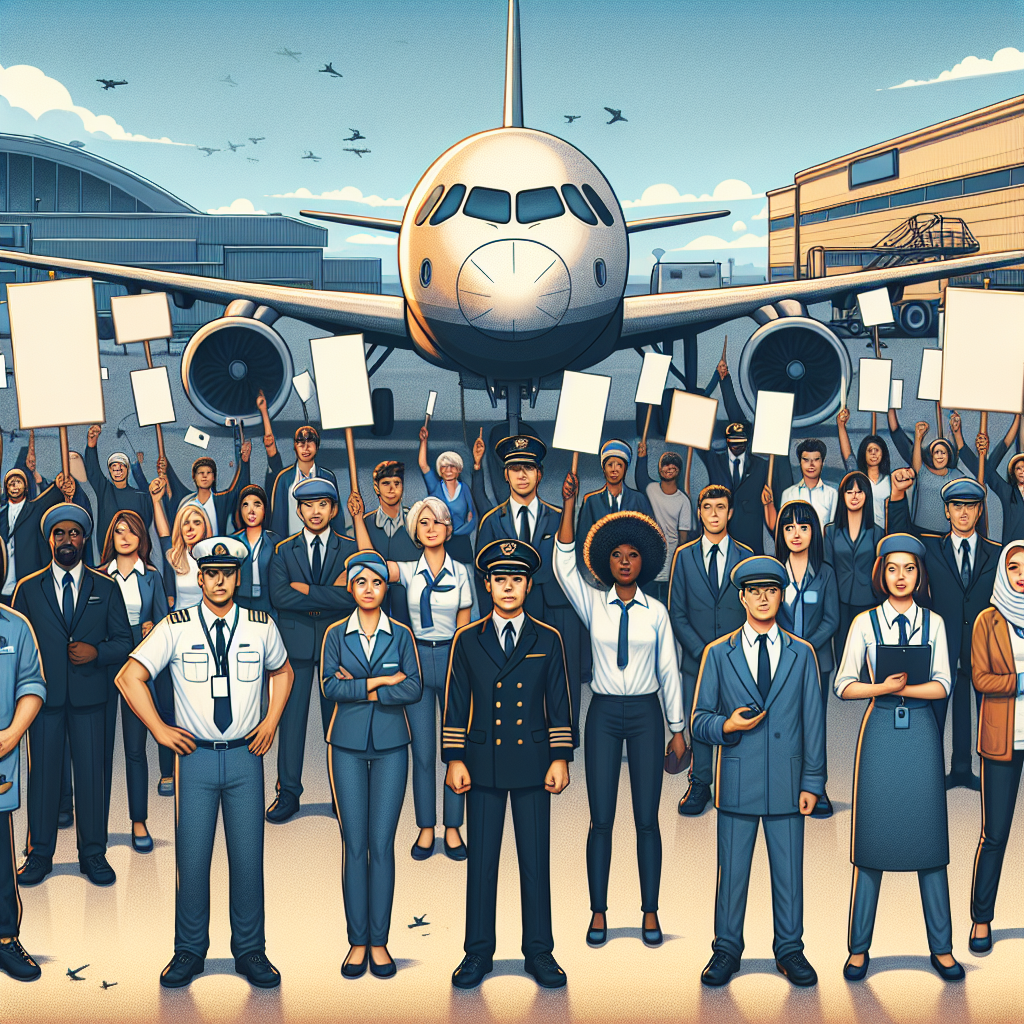Labor Tensions Ground Flights as Canada's Government Steps In
Over 100,000 travelers were affected after Air Canada's flight attendants went on strike during peak travel season. The Canadian government intervened, forcing them back to work and into arbitration, due to the economic risks. This decision reflects ongoing tensions between the airline and the union over unresolved key issues.

- Country:
- Canada
More than 100,000 travelers found themselves stranded as Air Canada's flight attendants initiated a strike, disrupting the peak summer travel season. On Saturday, the Canadian government responded by mandating a return to work and ordering arbitration, citing economic concerns amid talks that had faltered over key issues.
Federal Jobs Minister Patty Hajdu stated that the action taken aimed to mitigate risks to the economy, with the resolution of the conflict now resting with the Canada Industrial Relations Board. While operations of Canada's largest airline will potentially resume soon, travelers could still face delays as services scale back to full capacity.
The union, representing 10,000 flight attendants, declined arbitration prior to the strike, disagreeing with Air Canada on factors such as inadequate wage increases given inflationary pressures. The airline had proposed a compensation increase over four years, but union leaders emphasized the need for fair treatment.
(With inputs from agencies.)










